
The Rise of Organic Mixers: Elevating Organic Tequila Vs Bourbon with Natural Companions
The Rise of Organic Mixers: Elevating Organic Tequila Vs Bourbon with Natural Companions
With the growing emphasis on organic and natural products, more people are seeking healthier alternatives to complement their favorite alcoholic beverages. In this blog article, we will explore the rise of organic mixers and examine the intriguing battle between organic tequila Vs bourbon. Furthermore, we will delve into the organic tequila vs bourbon calories aspect to help you make a more informed choice. So grab your organic cocktail shaker and let’s dive in!
Organic Tequila vs Bourbon: A Spirited Debate:
 When it comes to organic spirits, tequila and bourbon top the list of beloved choices. Organic tequila, made from the blue agave plant, offers a smooth and unique taste that captures the essence of Mexico. On the other hand, bourbon, a beloved American whiskey, boasts its own rich flavors derived from caramelized grains. The question arises: which one should you choose? Let’s find out!
When it comes to organic spirits, tequila and bourbon top the list of beloved choices. Organic tequila, made from the blue agave plant, offers a smooth and unique taste that captures the essence of Mexico. On the other hand, bourbon, a beloved American whiskey, boasts its own rich flavors derived from caramelized grains. The question arises: which one should you choose? Let’s find out!
In the debate of organic tequila vs bourbon, factors like taste preferences, origin, and production methods play a significant role in making the decision.
The Organic Advantage:
In today’s health-conscious and environmentally aware society, the organic advantage has become a guiding principle across various aspects of daily life. From food to skincare to household products, the desire for organic options has expanded into every facet of modern living. Nowhere is this trend more pronounced than in the realm of food and beverages, where organic products offer myriad benefits beyond mere consumption.
1. Organic foods and beverages, produced without synthetic pesticides, herbicides, or genetically modified organisms (GMOs), ensure consumers enjoy products free from harmful chemicals and residues. This minimizes health risks and promotes overall well-being. Organic farming practices prioritize soil health and biodiversity, resulting in nutrient-rich foods and beverages supporting a balanced diet and overall health.
2. Environmental sustainability lies at the core of organic agriculture. By rejecting synthetic inputs and embracing natural methods of pest control and soil fertility, organic farmers preserve ecosystems, protect water quality, and mitigate greenhouse gas emissions. Organic farming also promotes biodiversity by providing habitats for pollinators and other beneficial wildlife crucial for ecosystem health.
3. The ethical dimension of organic production is compelling for consumers. Choosing organic products supports ethical farming practices and humane treatment of animals. Organic standards prohibit the use of antibiotics and growth hormones in livestock production, ensuring animals are raised in conditions prioritizing their welfare. Organic certification mandates adherence to strict guidelines regarding fair labor practices and social responsibility, promoting equity and dignity for farmworkers and their communities.
4. Enthusiasts praise the superior taste and quality of organic foods and beverages, resulting from farming methods prioritizing soil health and natural processes. The sensory experience offered by organic products is unparalleled, whether it’s the crisp sweetness of an organic apple or the smooth richness of organic coffee.
5. Organic certification ensures transparency and traceability, empowering consumers to make informed choices about their purchases. The organic advantage represents a holistic approach to health, sustainability, and ethical consumption, re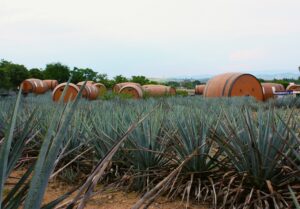
Bourbon’s Bold Flavors:
Bourbon enthusiasts argue that it is hard to beat the robust and complex flavors that this American whiskey offers. Distilled with a specific mash bill that includes at least 51% corn, bourbon acquires its signature caramel, vanilla, and smoky notes through the aging process. While it may not bear the organic label, many bourbon distilleries strive for responsible and sustainable production methods.
The Perfect Companions:
When considering organic tequila vs bourbon, their perfect organic mixers play a pivotal role in crafting delightful cocktails. For tequila, fresh-squeezed organic citrus juices like lime, grapefruit, or orange elevate its natural and bright flavors. Alternatively, organic ginger beer adds a delightful kick to a tequila mule cocktail. Bourbon pairs exquisitely with natural companions like organic maple syrup, bitters, or craft ginger ale, enhancing its distinctive flavors for a balanced and indulgent drinking experience.
Calorie Consciousness:
Organic tequila vs bourbon calories reveal a similar content, around 65 calories per ounce. However, choosing organic tequila offers added benefits beyond calorie count. Opting for organic and natural mixers enhances taste while keeping calories in check. Prioritize organic tequila for its purity, sustainability, and holistic approach to mixology.
Conclusion:
The rise of organic mixers offers intriguing choices. Embrace organic tequila’s purity and sustainability or savor bourbon’s boldness. Your preference matters in the world of organic cocktails. When comparing bourbon vs organic tequila, consider factors like taste, environmental impact, and health benefits. Organic tequila offers purity and sustainability, while bourbon boasts bold and complex flavors. The choice between organic tequila vs bourbon calories also plays a role in your decision-making process.
Explore our range of Agaveluz Tequila, including Organic Blanco Tequila, Organic Reposado Tequila, Organic Añejo Tequila, and Organic Extra Añejo Tequila.
Buy now to experience the pure essence of organic tequila at its finest.
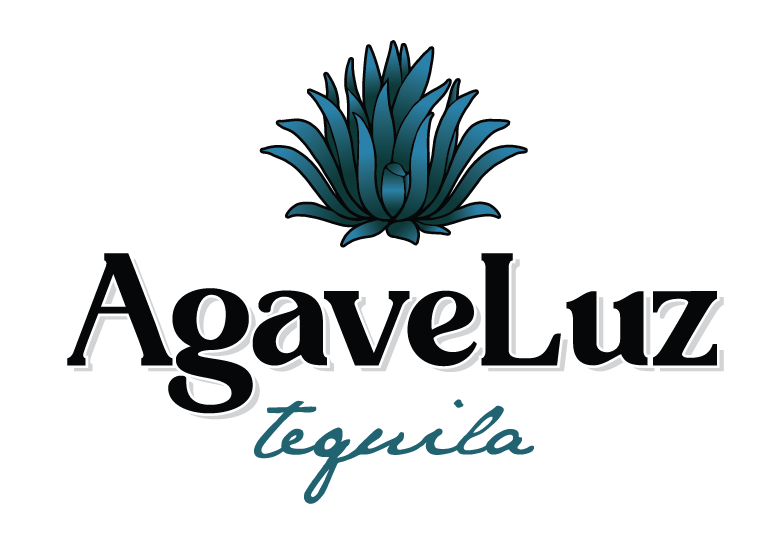
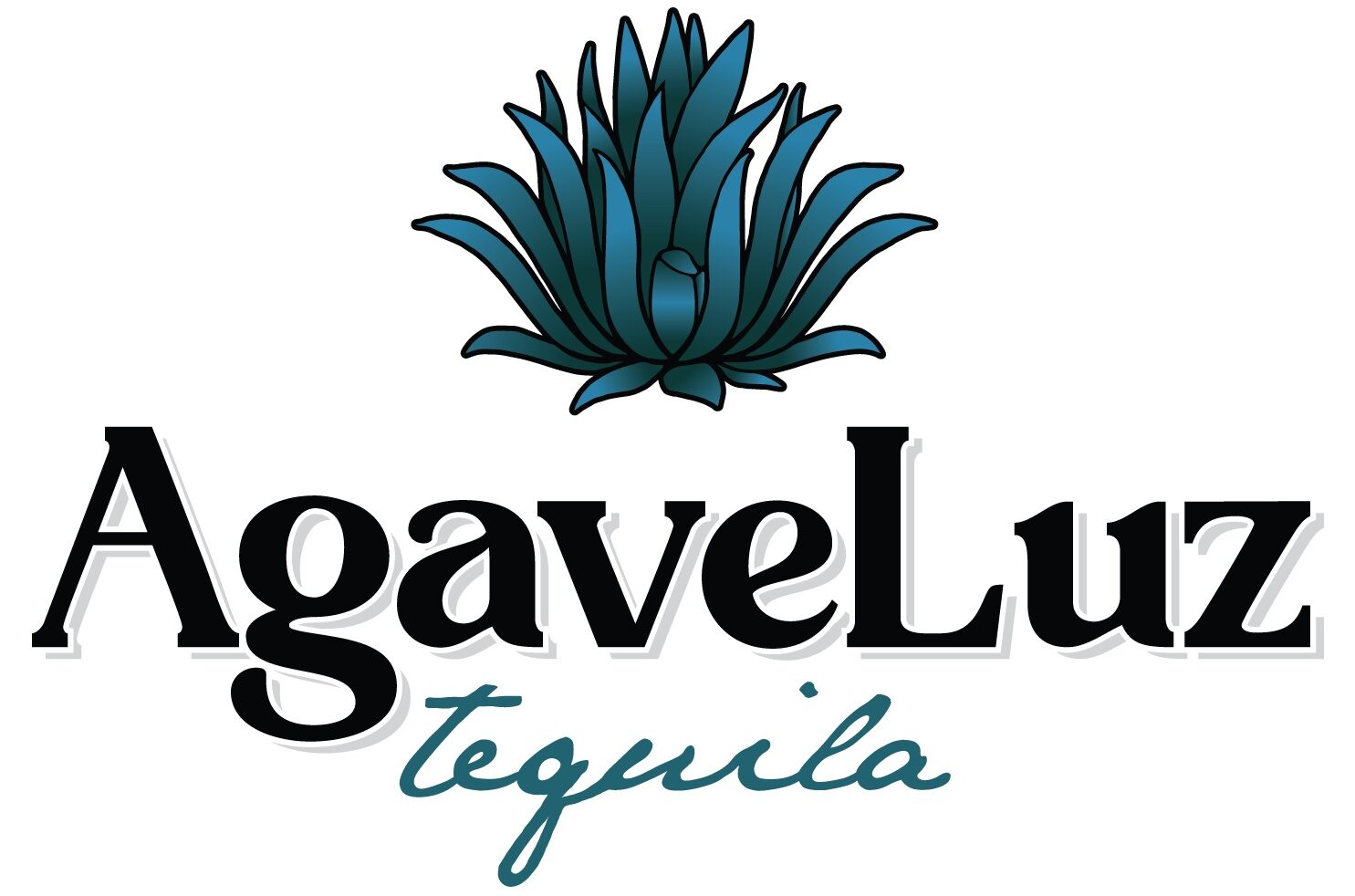
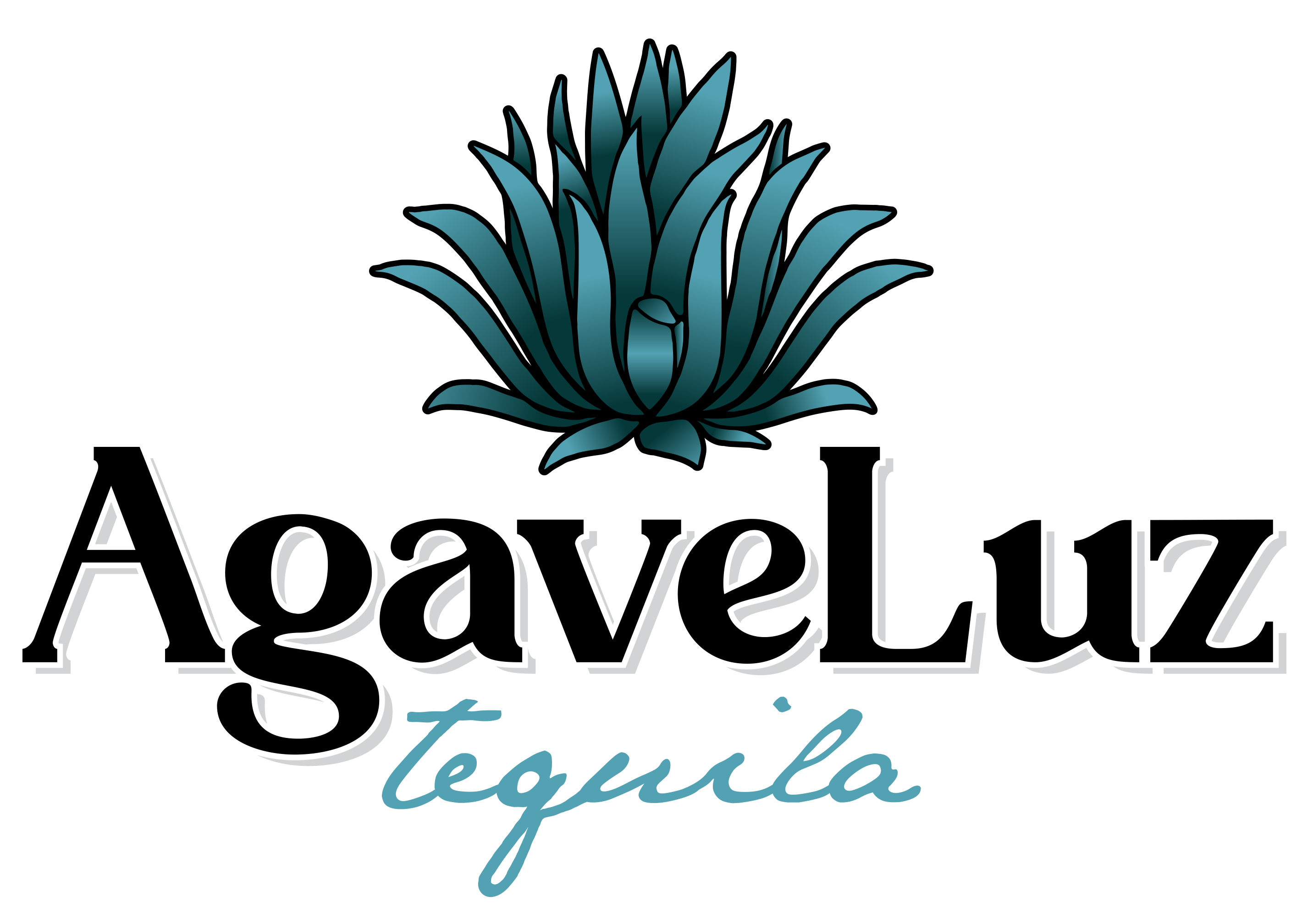
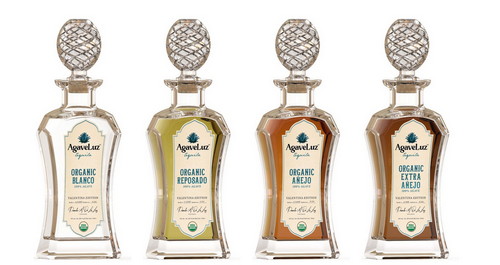















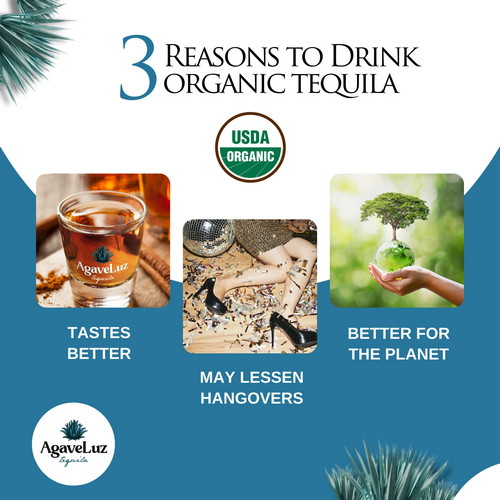
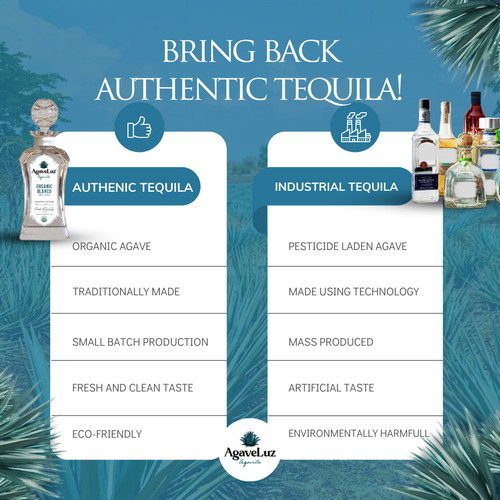

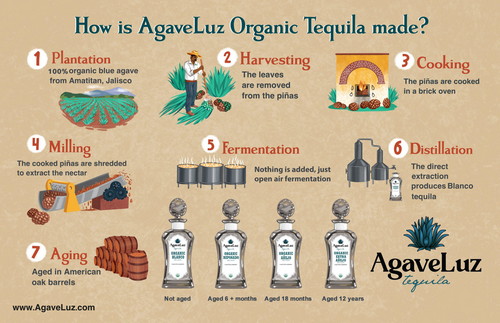

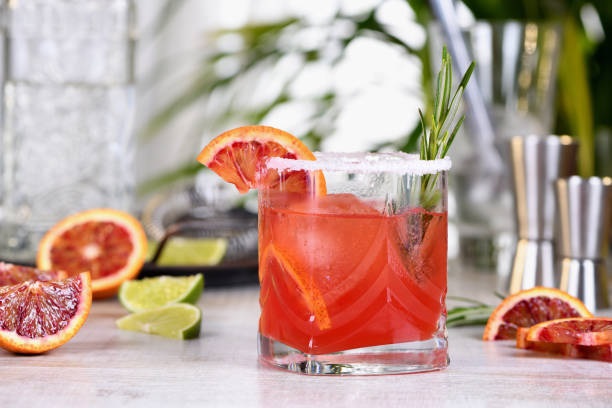
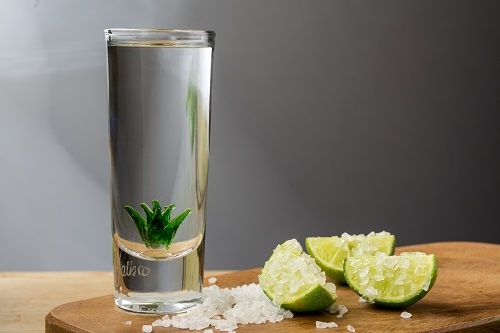
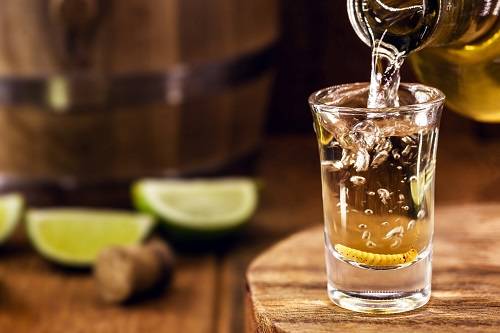
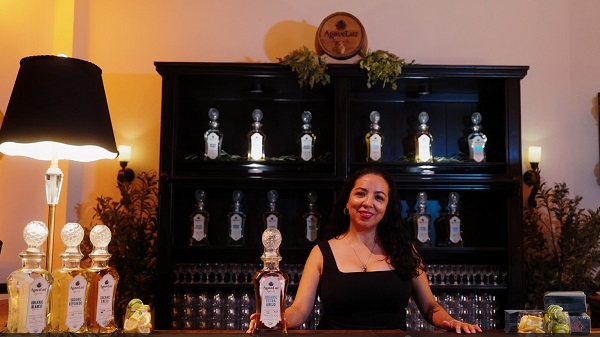

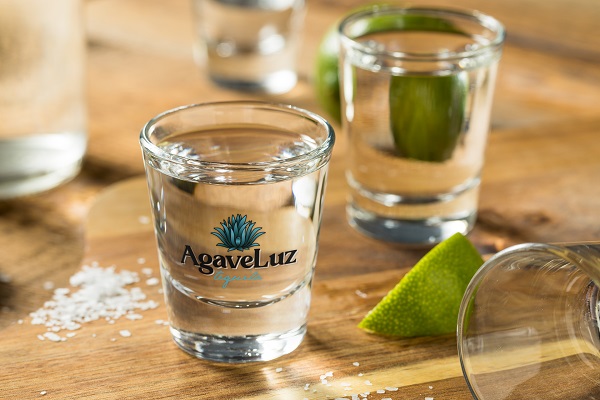
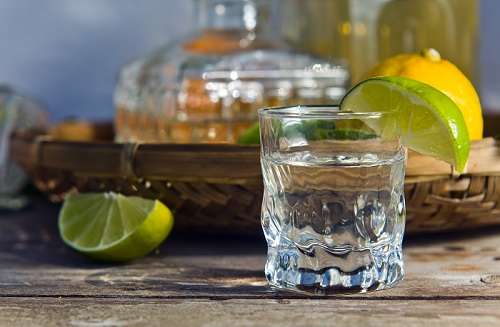
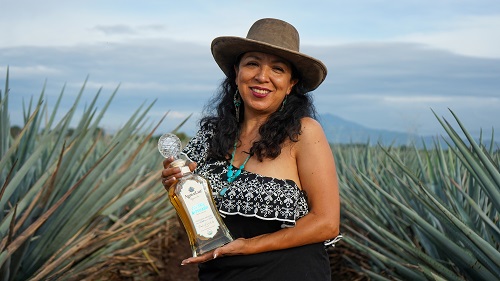
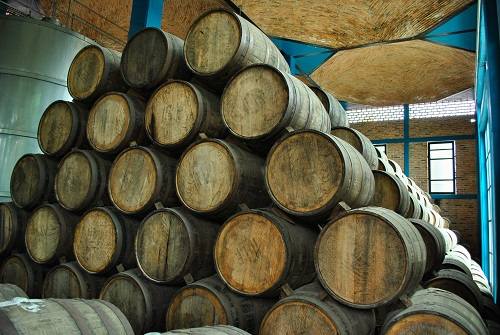
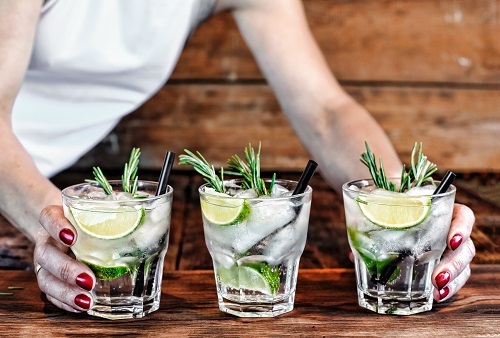
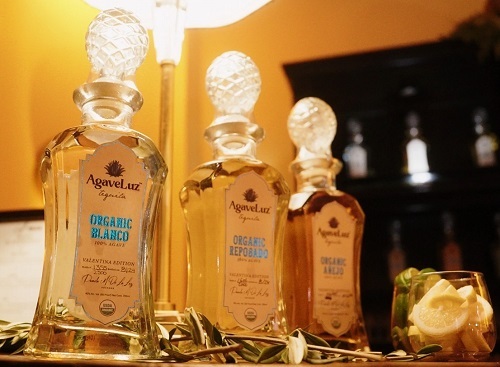



Post a Comment